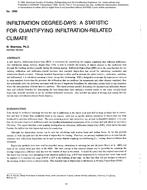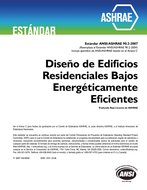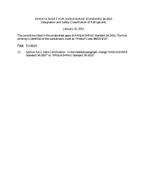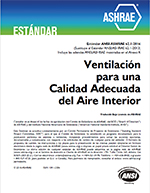Description
A new statistic, Infiltration Degree-Days (IDD), is introduced for quantifying the climatic conditions that influence infiltration . The well-known energy statistic, Degree Days (DD), is used to indicate the severity of climate relative to the conduction load through the building envelope (usually during the heating season). Infiltration Degree-Days (1DD) serves the same function for calculating infiltration and infiltration-related processes that standard degree-days has served for calculating conduction and conduction-related processes. Although standard degree-days is often used to estimate the entire load (i .e ., conduction, radiation, and infiltration), it is calculated assuming a linear energy-flow relationship. IDD is designed to overcome the inaccuracies inherent in using standard degree-days for processes like infiltration that are nonlinear (in temperature and other climatic variables) ; they also potentially solve the problems associated with the use of degree-day formalisms for calculating cooling loads or any situations where the determination of latent heat is a problem. This report presents parallel derivations for standard and infiltration degreedays and includes formulas for determining the base temperature (and enthalpy) methods similar to the many variable-based degree-day methods currently in use for envelope-dominated structures. Also included are tables of heating and cooling IDD for various cases and selected cities in North America.
Units: I-P
Citation: ASHRAE Transactions, 1986, vol. 92, pt. 2A, Portland, OR
Product Details
- Published:
- 1986
- Number of Pages:
- 21
- File Size:
- 1 file , 1.8 MB
- Product Code(s):
- D-PO-86-2986




